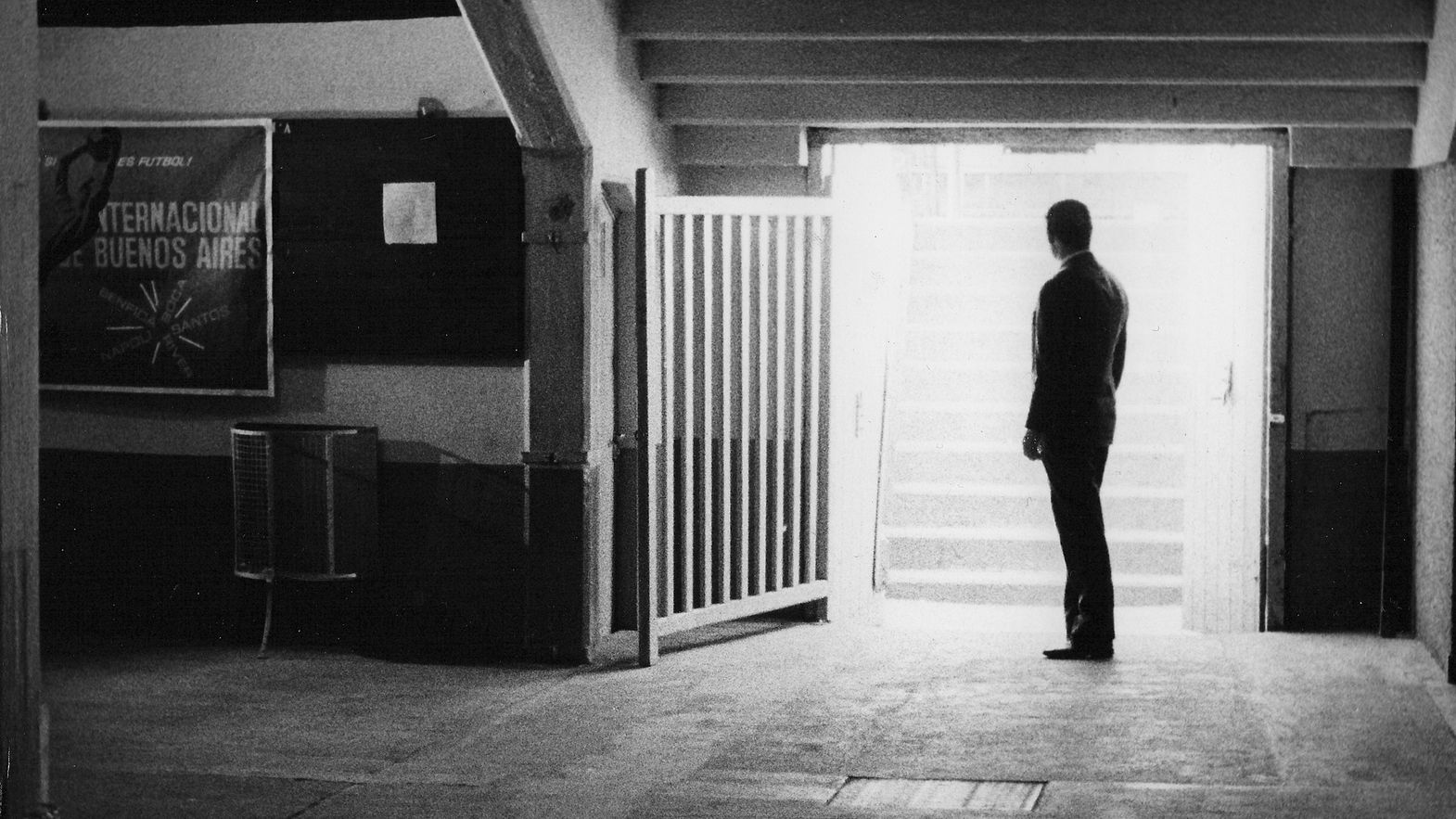Invasíon is an apparition. It’s a film that disappeared in the dark depths of the Argentine military dictatorship after being presented at the first Directors Fortnight in Cannes in 1969, before seeing the light again in the 2000s and immediately deserving a restoration. Invasión is an apparition because it illuminates with the light of the kind of cinema that turns on something, that starts something, even if you may find it hard to understand what it is. Invasión is a first film, the first film by Hugo Santiago, thus making his debut in the universe of the feature film, and a first film by Jorge Luis Borges, who wrote the screenplay. "It's a film different from any other - he said - and it could be the first example of a new fantasy genre".
Invasión is the story of a besieged city, a city with the features of Buenos Aires, but an undefined identity. It doesn't matter what city it is, it doesn't matter who the invaders are. What matters is to resist it. This calls for impassive heroes who, in the end, can't even afford to be heroes in order to resist. An allegorical film, and not coincidentally ambushed by the dictatorship, Invasión is a political film, of an aesthetically elegant, almost flawless revolution. These are elegant men who in front of the camera lead determined and impassive lives, like their features and their looks. Santiago directs a relaxed acting ensemble, as if nothing was happening that deserves suspense and surprise. There’s the fantasy film, more in the men than in the facts, more in their reaction than in the action, guided by a fascinating direction that often puts the viewer with their back to the film to follow those straight and at the same time empty gazes, with the desire to turn around to understand where they are going and more importantly what or who they are looking at. They are fixed and direct like the camera-car you don't expect. And that’s without mentioning the camera movements ranging between waltzes and Swiss watchmaking, the shots that you don't expect, the opening credits that don’t have to envy Saul Bass or Kyle Cooper’s work and immediately sketch the geometric and visceral relationship between man and city, the domination of spaces on the viewer, the soundtrack that does not accompany, but simply is. And then the cut to black, which is much stronger, more powerful and resistant than the one the dictatorship imposed on a magnificent film.
